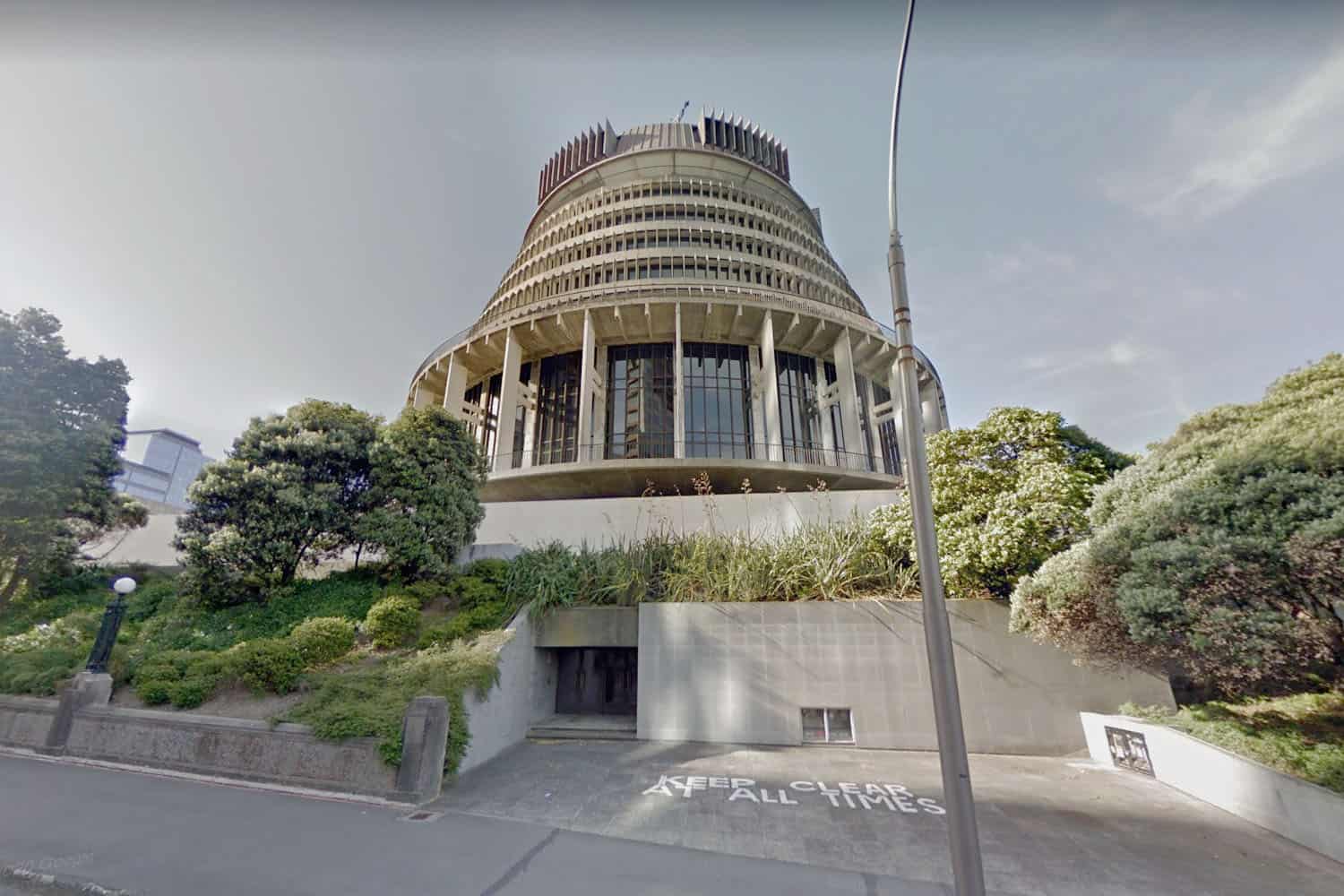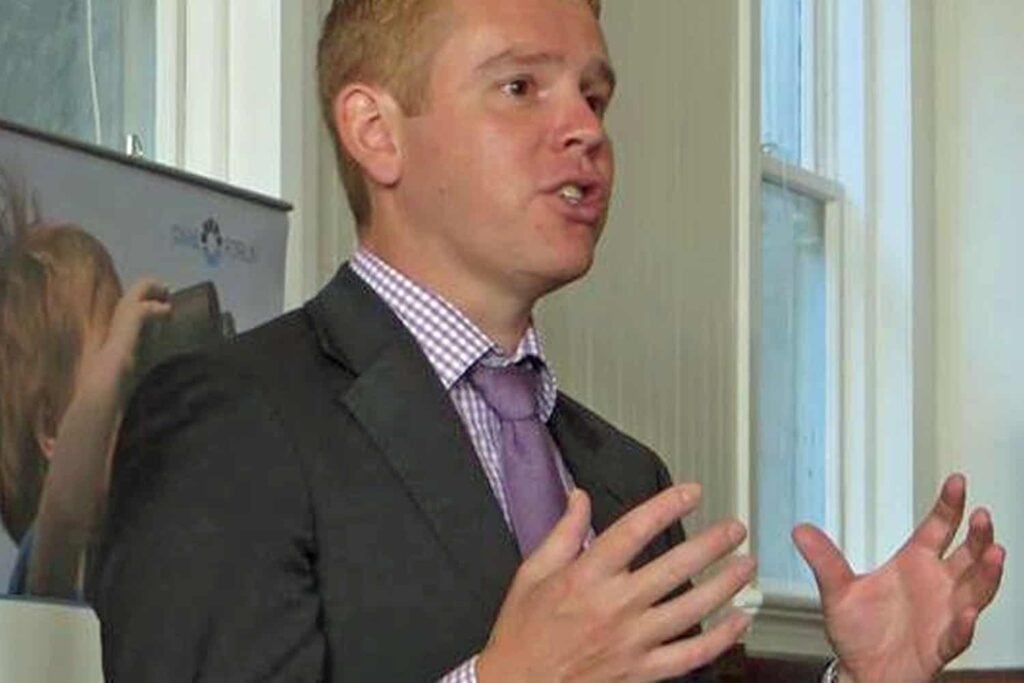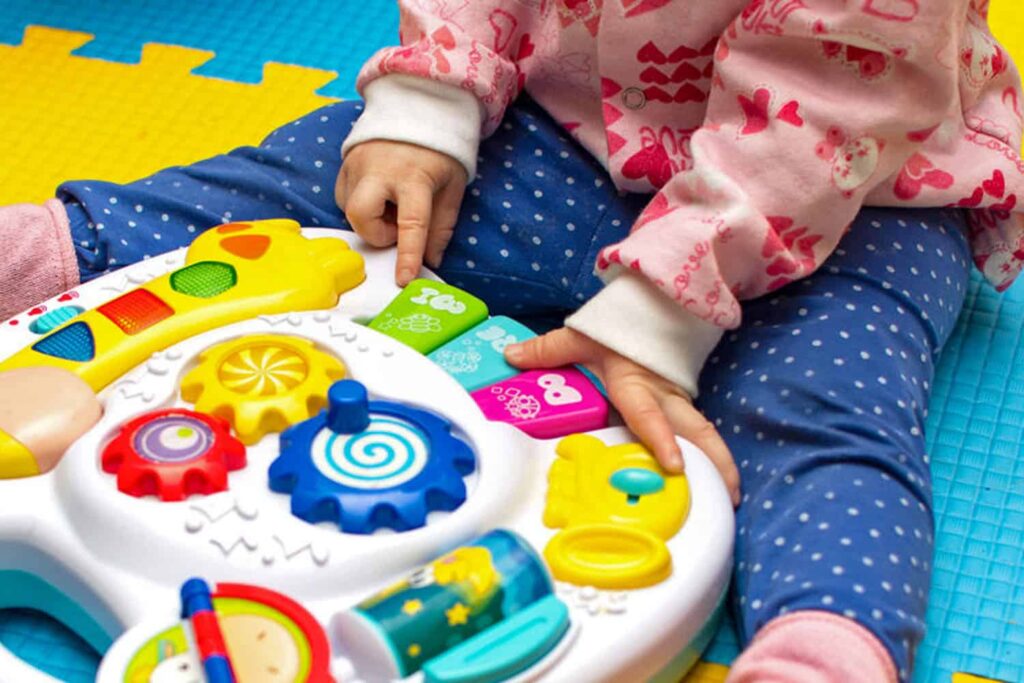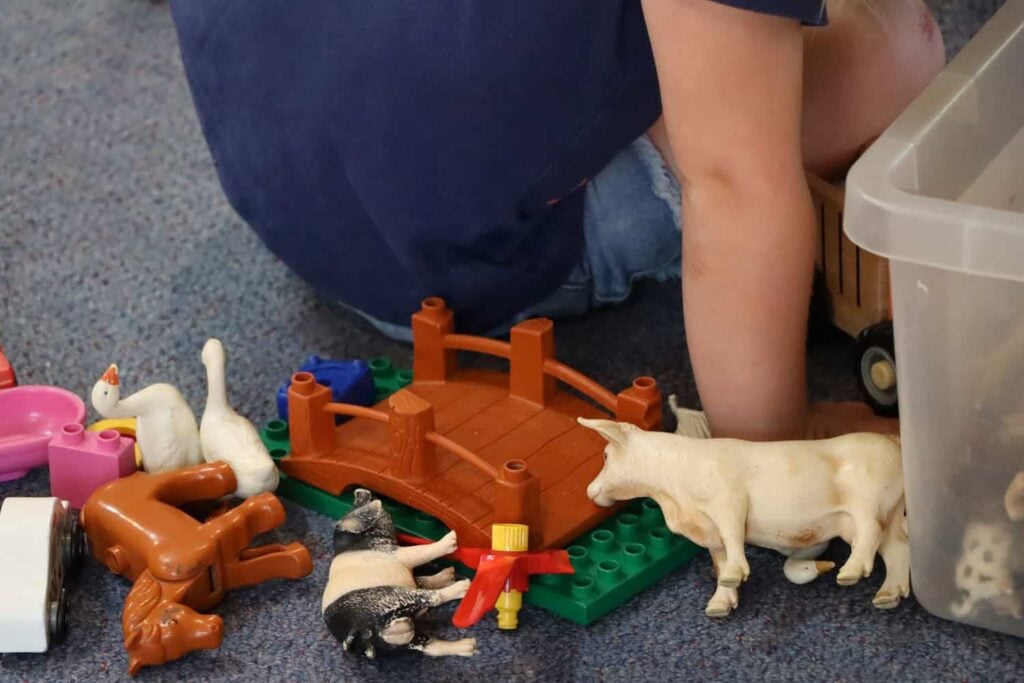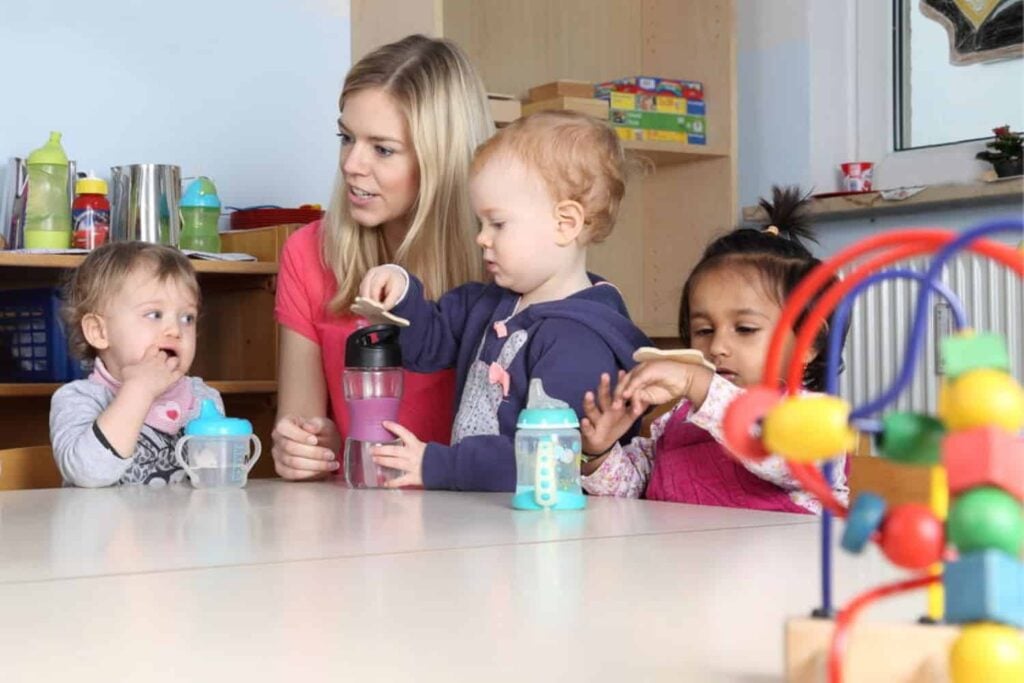What each Political Party is offering for Early Childhood Education going into the 2017 General Election.
By Arwen Hann.
1 August 2017.
National
National has not released specific policies relating to early childhood education.

The National Party says it is investing a record $10.8 billion a year into early childhood, primary, and secondary school education.
It is also promising to extend paid parental leave to 22 weeks (phased over two years) and allowing parents to take time off at the same time. Tax changes and changes to Family Credit are also planned.
Labour
- Require centres to employ at least 80 per cent ECE qualified teachers by the end of the first term in government.
- Improve group size in centres.
- Improve teacher:child ratios for infants and toddlers
- Put the “free” back into the policy of 20 hours free ECE.
- Actively support establishing new public early childhood centres in areas of low-provision through targeted establishment grants. And, only provide taxpayer subsidies for new centres if there is an established need in the proposed location.
- Boost support for parent-led early childhood services such as Playcentre and Kohanga Reo, including funding to increase participation.
- Support and lift the quality of ECE service provision, with a focus initially on providers who predominantly enrol Pacific children.
- Investigate creating a smoother pathway from parent teacher qualifications (eg, Playcentre qualifications) to initial teacher education programmes.
- Undertake a review of home-based, including investigating the introduction of minimum qualification levels for all home-based educators.
- Develop a second version of Nga Huarahi Arataki – Pathways to the Future, a 10 year strategic plan for early childhood education.
- Develop a network of high quality centre-based early intervention programmes addressing the needs of vulnerable children in the most deprived areas.
- Progressively increase the level of funding provided for early intervention in ECE to better support those with identified additional needs.
- Ensure a dedicated professional development programme is developed and implemented for ECE staff who predominantly serve Pacific children.
Labour has also pledged to extend paid parental leave to 26 weeks (phased in over three years) and make changes to Family Credit and Best Start payments
NZ First
- Give greater focus to the second strategic goal within Nga Huarahi Arataki to improve the quality of all ECE services.
- Conduct a funding review of parent-led early childhood education services to realistically fund Playcentre as a quality parent-led service for young children and their families.
- Support the growth of Playcentre as a quality parent-led early childhood education service.
- Review the special needs of Playcentre rural provision for group learning to provide realistic operational support.
- Fund administration, compliance and structural support staff for Playcentres ($5m per year).
- Liaise with NZQA to ensure that the pathway for Playcentre qualifications gained by parent teachers can be credited towards the Diploma in Early Childhood Education.
- Liaise with Playcentre Federation to explore and fund new initiatives to increase participation within targeted communities. ($500,000).
- Work with Te Kohanga Reo National Trust to develop a supportive and sustainable funding model that future proofs Te Kohanga Reo as an essential stakeholder in our early years and early childhood public education sectors.
- Liaise with stakeholders to ensure that academic and professional value is assigned to, and inherent within, any Te Kohanga Reo qualification.
- Explore the option of Te Kohanga Reo funding being re-allocated to the Ministry of Maori Affairs in recognition of its founding principle as a ‘language nest’.
- Review the adult to infant (under 2s) staffing ratio in ECE centres as an urgent health and safety matter.
- Restore the requirement for all early childhood education providers to ensure that the 100 per cent registered teacher staffing ratio is achieved.
- Support nationwide professional development for Te Whariki, the New Zealand early childhood curriculum policy statement and Kei Tua o Te Pae, the best practice assessment resource linked to the four broad principles of Te Whariki – empowerment, holistic development, family & community and relationships.
- Work with the sector to amend relevant criteria to ensure an increased ability of isolated rural communities to participate in early childhood education, e.g., mobile kindergartens.
- Support the HIPPY organization in their provision of early childhood education opportunities for 4 and 5 year olds and their families.
- Establish a fund for research into best practice and innovation in New Zealand early childhood education.
Greens
- Re-establish the target of 100% qualified staff in teacher-led Early Childhood Education centres, and reinstate the funding to support this.
- Improve child:teacher ratios, with a priority for under -2’s.
- Create models to share best-practice and professional development between centres, including reinstating the Centres of Innovation program.
- Set maximum overall child numbers that no centre can expand beyond.
- Establish support for networks of not-for-profit Early Childhood Education Centres to increase cooperation between nearby centres.
- Encourage clustering of Early Childhood Education Centres with nearby Primary Schools to enhance the transition to school, including meetings between EarlyChildhood and New Entrants teachers.
- Support a diversity of models for immersion learning in Te Reo Māori and Pacific languages, and resource these appropriately.
- Ensure funding for 20 hours early Childhood Education accurately reflects the cost to parents and centres.
- Support quality parent-led Early Childhood Centre models such as Playcentre
Māori
- Provide all children with free early childhood education.
- Work with kōhanga reo to increase the numbers of tamariki attending
kōhanga. - Increase funding for kōhanga reo and puna reo.
- Create parity of funding between kōhanga reo and ECE providers.
- Fund more digital learning programmes in te reo Māori.
Mana
MANA supports the recommendations of the Waitangi Tribunal for more funding to:
- upgrade the quality of Kōhanga facilities;
- provide a greater selection of resources;
- Increase the number of qualified teachers;
- increase participation by whanau and tamariki;
- increase the number of Kōhanga Reo in low decile areas;
- put Kōhanga Reo on the same funding ratio as mainstream ECE centres;
- provide free te reo classes for whānau to help strengthen the language in the home; provide free breakfasts and lunches in all Kōhanga.
It would also:
- Increase funding to raise minimum standards in ECE, including: An adult: child ratio of 1:3
- Have minimum qualifications for those working in home based services
- Have qualified and registered teachers in teacher-led, centre based services
- Increase funding to non-profit ECE centres to meet new standards
- Increase funding to Playcentres to cover costs of paid administrators
- Make it easier for whānau to set up new community ECE centres
- Enhance the learning and development of children with special needs
- Ensure services are culturally relevant to the communities they serve
- Provide free breakfasts and lunches in all state/community ECE centres
ACT
Have no policies for early childhood education yet
United Future
Have no policies for early childhood education yet.
The Opportunities Party
Over time we would like to see high quality, free, universal full-time ECE for children aged three years and over’ via subsidising ‘attendance at licensed high-quality childcare providers’.
Conservative Party
Where a parent chooses to stay home and care for their young child, rather than use childcare facilities, they should be eligible to a tax rebate equivalent to 20 hours per week child care subsidies.


